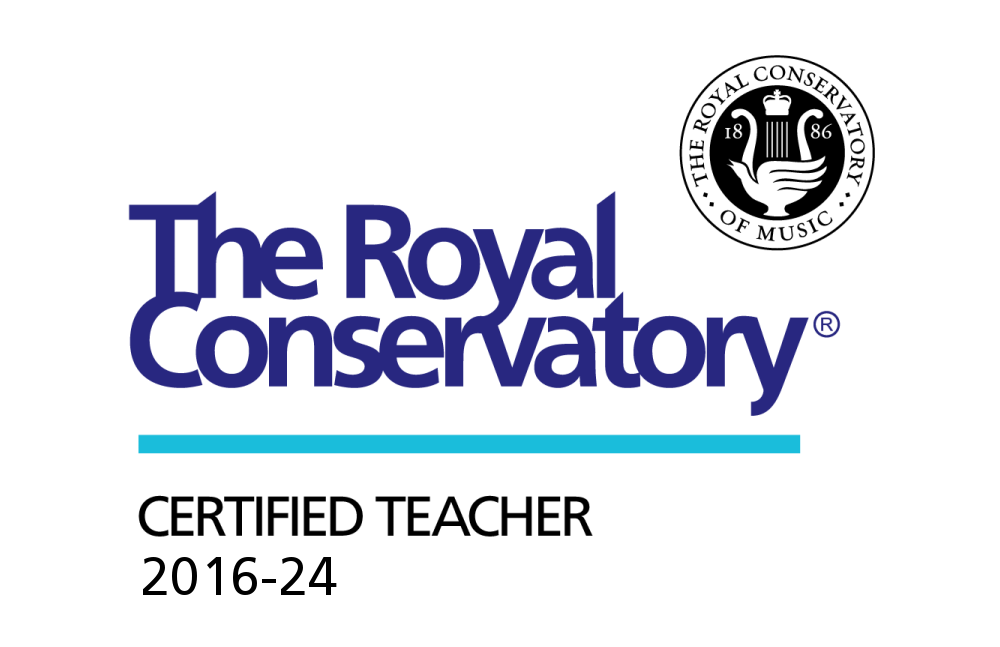Frequently Asked Questions
/For this edition of Frequently Asked Questions, I thought I would focus on a few general inquires I am often asked in regard to learning violin.
Do you have a burning questions you would like answered? Send me a message and I may include it on the next edition of FAQs!
1) I have a child between the ages of 3 and 5 that has expressed an interest in learning the violin, is s/he too young to start lessons?
It would be great if there was a flashing universal indicator that let everyone know when a child was ready to begin lessons. Unfortunately since there isn't, I have found the answer to this question varies with each individual child.
Learning the violin requires a great deal of focus and coordination, some children develop these skills at a very young age, and others develop slightly later. I find the best way to tell if a child is ready for lessons is simply to enroll them and see what happens.
When lessons are started at an early age a parent is often encouraged to sit in so they can help the child practice at home. As time passes you, along with the teacher, will be able to tell if the child is progressing at a reasonable pace or if it would be better to continue lessons when the child is a bit older.
Even if you find your child is not quite ready for violin lessons, there are still many other options and resources available for early childhood music education.
2) I have always wanted to learn the violin, is it too late to start as an adult?
No, it’s never too late to start! Granted the answer to this question would be different if you wanted to make a career as a concert violinist, but if you want to learn for your own personal enjoyment it’s never too late to start.
I particularly enjoy working with adult learners, they have become some of my favourite students to teach!
3) How long and often should my child practice?
Ah, the great practice conundrum, often a source of much debate between many a child and parent. While the length of practice time depends on the age and level of the student, the frequency is generally universal.
For the best results I recommend that my students practice at least five days a week. While the length of practice time is important, I find that it is even more important for the student to cover all their practice material on a daily basis, rather then try to cram it into two or three long practice sessions in the days leading up to a lesson. Consistent daily practice will lead to a solid and reliable outcome, and it will enable the student to make the most of their lesson.
I recommend practicing 15 to 20 minutes a day for beginning students. As the student advances, the length of practice time will naturally begin to increase as well. The initial 20 minutes will grow into a half hour, which will become 45 minutes and before you know it practice time will be up to at least an hour a day.




